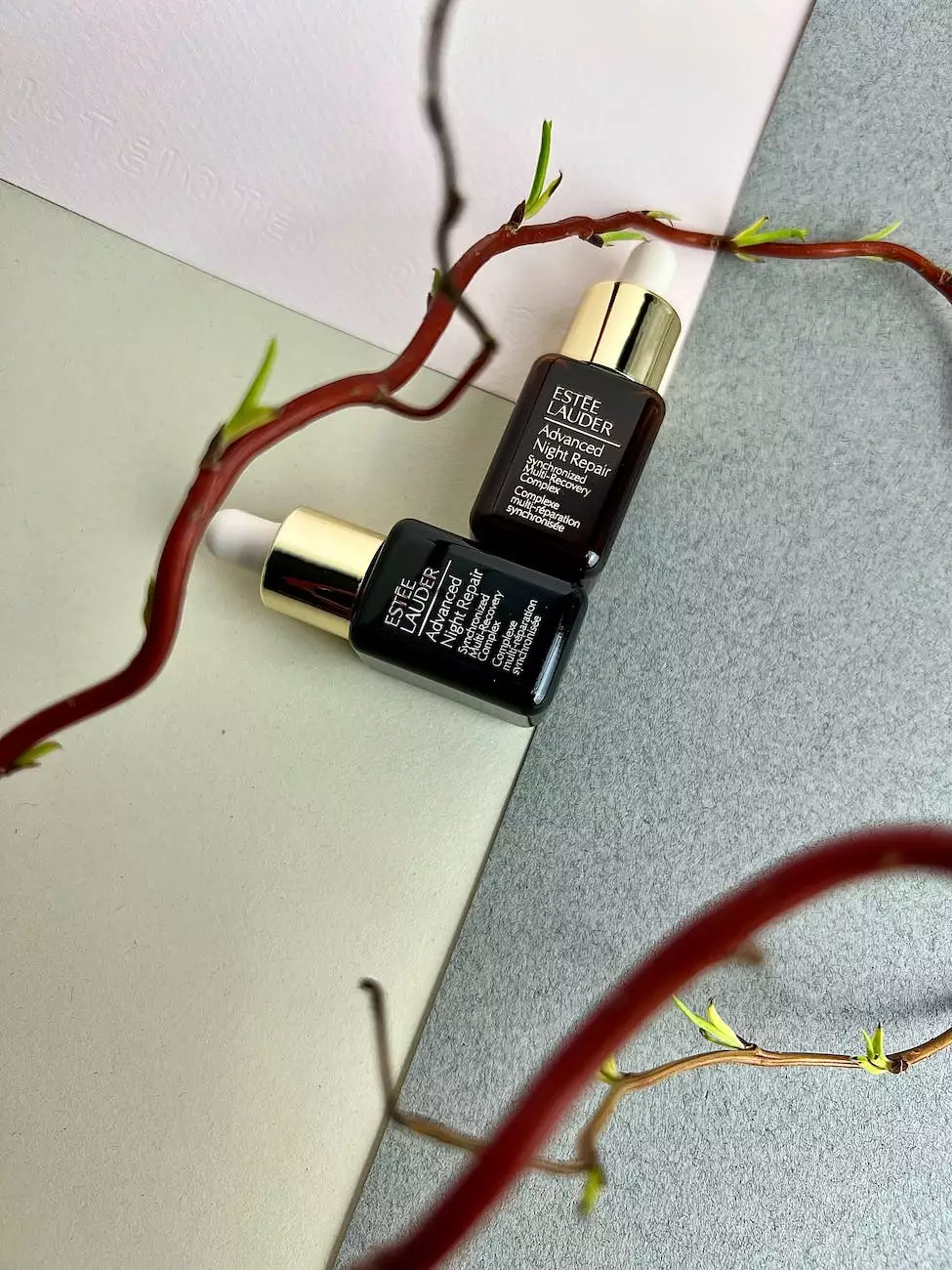Dry Skin, Dehydrated Skin & Transepidermal Water Loss
Blog
Understanding Dry and Dehydrated Skin
Dry and dehydrated skin are common concerns that can affect individuals of all ages and skin types. While the terms are often used interchangeably, they refer to different conditions that require unique approaches for effective management. At Nasseri Medical Centre & Medspa, we understand the importance of addressing these concerns and provide comprehensive care and treatment options.
What is Dry Skin?
Dry skin is a skin type characterized by a lack of moisture and oil production. It is often associated with a dull appearance, rough texture, and can feel tight or itchy. Common causes of dry skin include genetics, environmental factors, harsh skincare products, and underlying medical conditions.
What is Dehydrated Skin?
Dehydrated skin, on the other hand, is a condition marked by a temporary lack of water content in the skin. It can affect individuals with all skin types, including oily or combination skin. Dehydrated skin can be caused by various factors such as excessive sun exposure, inadequate water intake, harsh weather conditions, and the use of drying skincare products.
Transepidermal Water Loss (TEWL)
Transepidermal Water Loss (TEWL) is a phenomenon that occurs when water evaporates through the skin's surface. It is an essential process for maintaining skin health, but excessive TEWL can contribute to skin dryness and dehydration. It is important to understand the factors that can increase TEWL and how to minimize its effects.
Causes of TEWL
Several factors can increase TEWL, including low humidity levels, hot water baths or showers, harsh soaps, certain medications, and aging. Additionally, skin conditions like eczema and psoriasis can also disrupt the skin's barrier function, leading to increased TEWL.
Prevention and Treatment Options
At Nasseri Medical Centre & Medspa, our skilled professionals offer a range of preventive and treatment options for dry and dehydrated skin. Some of the common approaches include:
1. Hydration and Moisturization
Adequate hydration is crucial for maintaining healthy skin. Drinking enough water, using hydrating skincare products, and incorporating a balanced diet with foods rich in essential fatty acids can help improve skin hydration and reduce TEWL.
2. Protective Skincare Routine
Developing a skincare routine tailored to your skin type can help protect against excessive TEWL. This may involve using gentle cleansers, avoiding hot showers, applying moisturizers with ingredients like hyaluronic acid and ceramides, and using sunscreen to protect against UV damage.
3. Skin Treatments
Our medical spa offers advanced skin treatments that can effectively address dry and dehydrated skin. These may include professional facials, chemical peels, microdermabrasion, and laser therapies. Our experienced team will assess your skin condition and recommend the most suitable treatments for optimal results.
4. Lifestyle Modifications
Making certain lifestyle changes can also improve skin hydration and reduce TEWL. These may include avoiding excessive alcohol and caffeine consumption, quitting smoking, managing stress levels, and maintaining a healthy diet rich in antioxidants and vitamins.
Conclusion
Dry skin, dehydrated skin, and transepidermal water loss are complex concerns that require comprehensive care and treatment. At Nasseri Medical Centre & Medspa, our team of experts is dedicated to helping you achieve healthy and hydrated skin. Contact us today to schedule a consultation and take the first step towards rejuvenating your skin.










